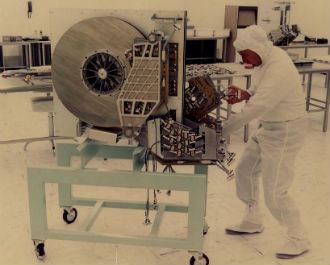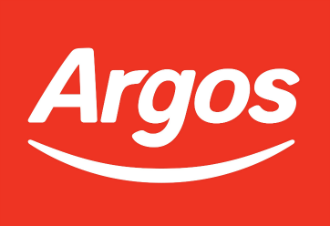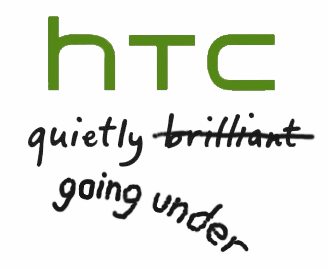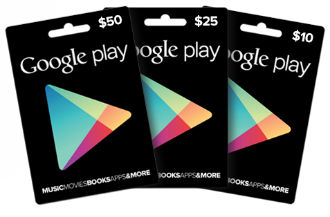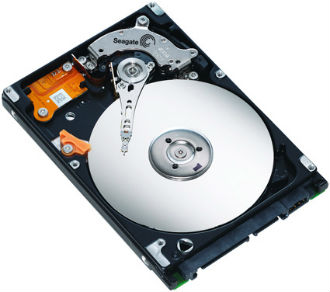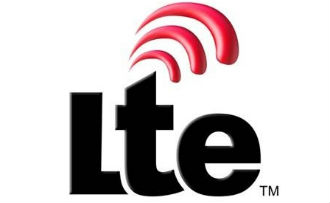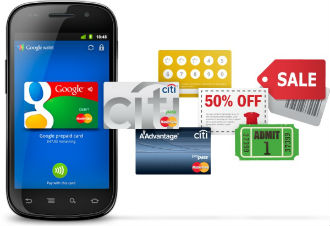 The payments industry is slowly starting to adopt new mobile payments technologies, but industry leaders believe that the digital wallet concept is overhyped, along with NFC.
The payments industry is slowly starting to adopt new mobile payments technologies, but industry leaders believe that the digital wallet concept is overhyped, along with NFC.
The Payments Innovation Jury, an anonymous group of 25 industry leaders gathered in a hollowed out volcano, reckons the next wave of e-payment innovation will come from Asia rather than Europe.
The secretive Payment Innovation Jury features members from 14 different countries whose names are kept private, so they can speak freely. Most members are or have been high level execs in companies such as MasterCard, PayPal and Visa, reports Venture Beat.
In their latest report, the jury concluded that NFC and digital wallets are overhyped, and we tend to agree. Most members don’t believe NFC will live up to its hype and many reckon there is no demonstrable need for contactless payments from consumers. However, it is worth noting that NFC has plenty of applications other than mobile payments. More than half of the group believe digital wallets will replace credit and debit card payments, but a sizable number don’t agree.
“The Jury offered their views on which payments innovation has the greatest hype rating and therefore the biggest risk that the business case will not be achieved,” the report said. “Hype is particularly prevalent in payments, with many organizations trying very hard to talk up their chosen innovation in order to achieve the necessary critical mass.”
In other words it is beast to tread carefully, just in case. Many outfits are indeed trying to talk up their solutions, but we are still a long way from widespread adoption and standardization. One jury member argued that progress in Europe is hampered by standardization initiatives such as SEPA, but a lot of innovation is expected from Asia and Africa.
Interestingly, the group found that cross-border remittance services have a lot of potential. Sending money abroad via mobile payment solutions could be the most profitable niche over the next five years. It is a rather big market. Plenty of countries in Eastern Europe, North Africa and practically the entire third world have sizable expat communities who send money back home on a regular basis.




